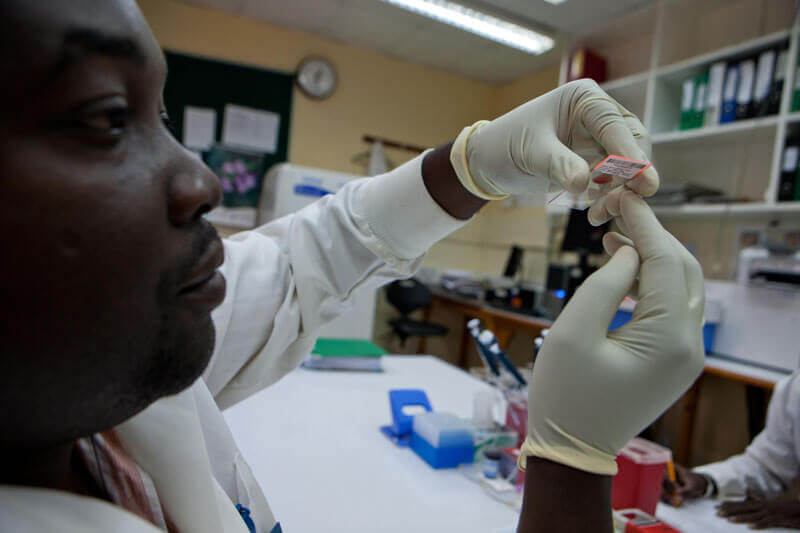Kaitlin ChristensonGHTC
Kaitlin Christenson is director of GHTC.
After a busy week of negotiating police barricades and security checks in New York during the United Nations General Assembly (UNGA), we’re back in Washington, DC, with more thinking about the post-2015 development agenda and some reflections about what was heard throughout the week.
First, hardly anyone seems to be talking about health as a component of the post-2015 development agenda—except the global health community. Although health remains a critical piece of the priorities coming from UN Member States—such as in the outcome document Member States endorsed during UNGA—the discussions among broader civil society groups last week tended to focus on other topics, like human rights, water and sanitation, environmental degradation, and inclusivity.

That said, there does seem to be broad recognition there will be a health goal included in the post-2015 agenda, as well as more clarity on how such a goal might be framed. Though it’s unclear what the ultimate language will look like, there seems to be general accord that there will be one overarching health goal with related targets.These targets will call out such topics as:
What is less clear is how innovation will fit into this goal. As we’ve said before, research and development (R&D) for new, innovative health tools will be essential to achieve any international development goals, as well as to enable more equitable and sustainable improvements across health services and health outcomes.
Additionally, the discussions in New York raise some red flags about perceptions of the private sector—particularly, that some stakeholders view private industry as a monolith with only negative objectives. There is admittedly a spectrum of intentions when it comes to private industry and health. But when it comes to health R&D, it must be recognized that partnerships between the public and private sectors have been key to moving forward major public health successes: from established products like treatments for HIV and AIDS to new products such as a vaccine to prevent childhood diarrhea. Though we must determine how the private sector can be engaged in appropriate ways in discussions on a post-2015 development agenda, we certainly can’t exclude our private sector partners altogether from discussions about future sustainable development goals and plans to achieve them.
GHTC will continue to follow the debates and engage in discussions alongside the rest of the health and development community. Next up: the Open Working Group on Sustainable Development Goals’ meetings in November and December, when the theme of science and technology will be discussed among many other topics.